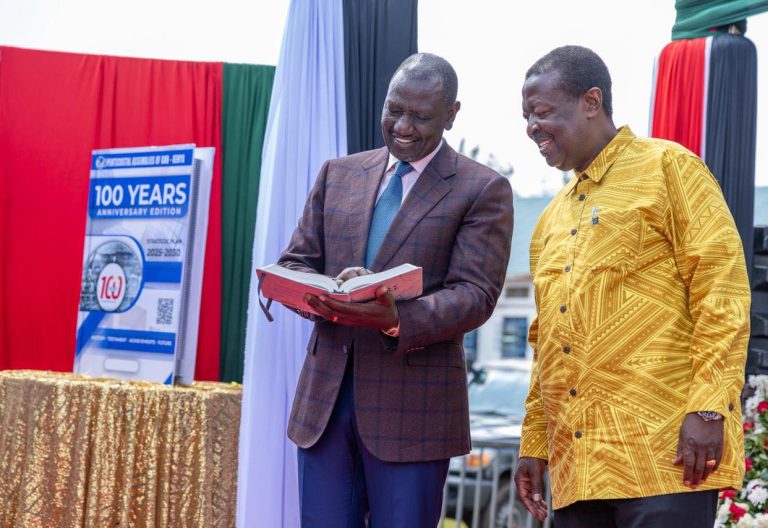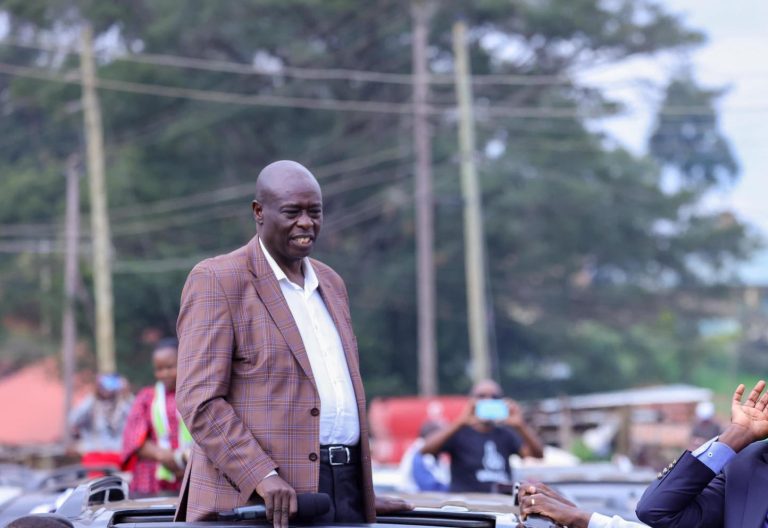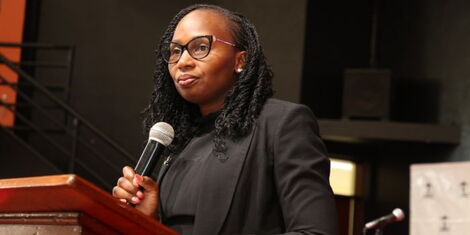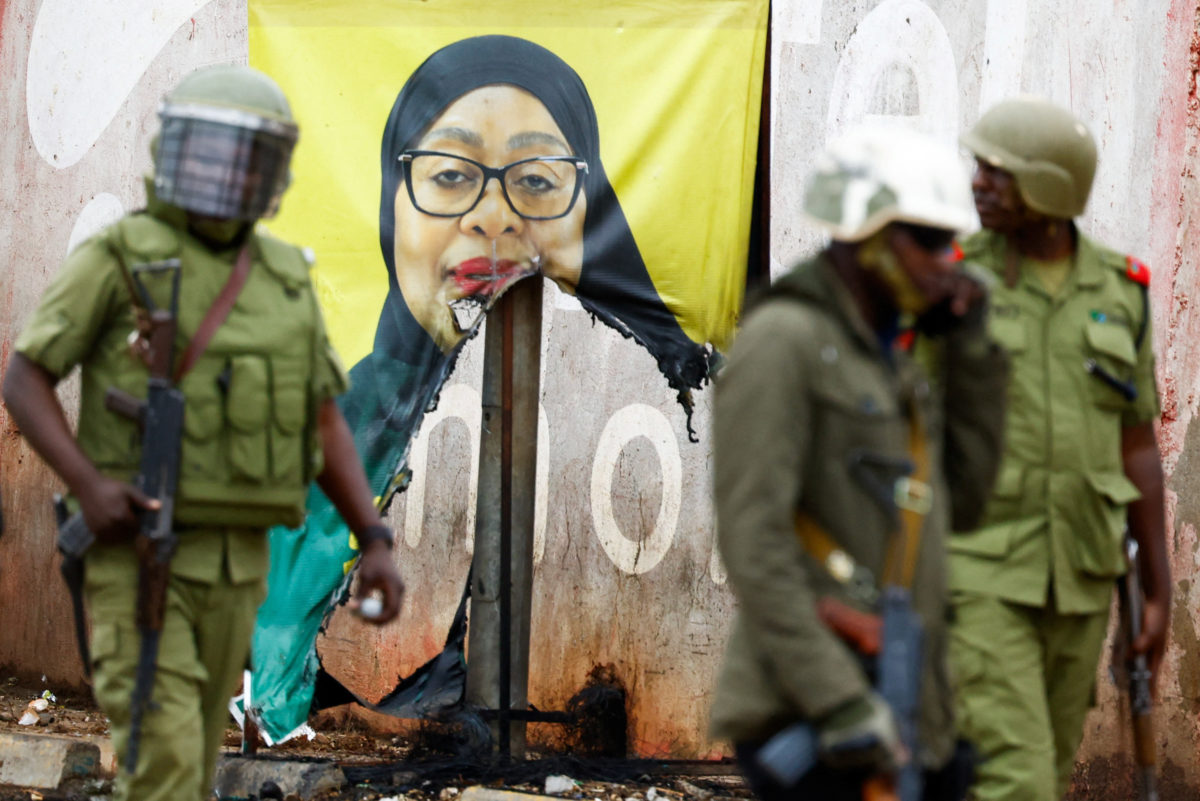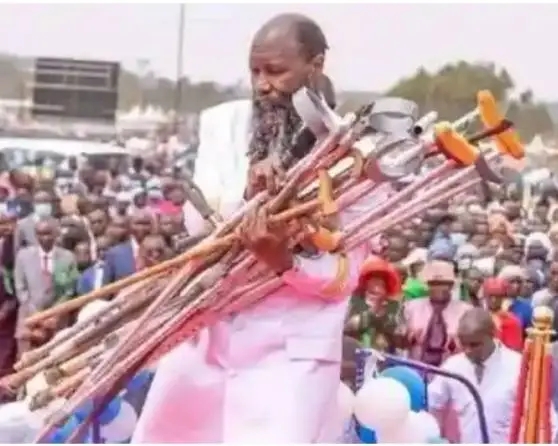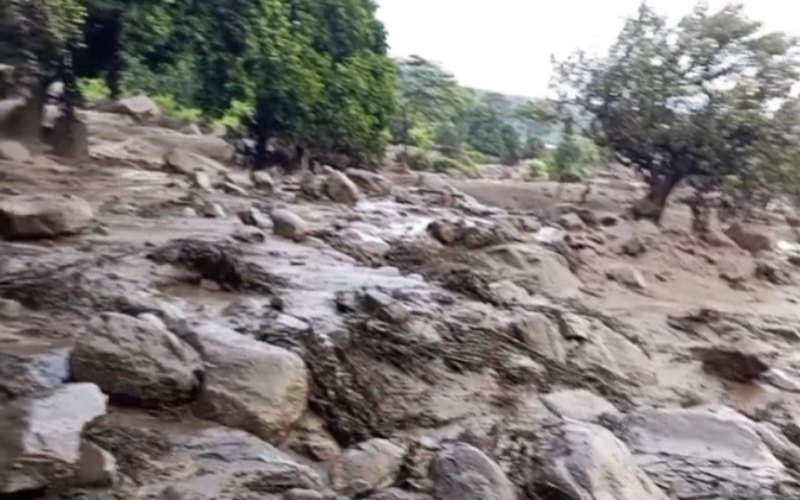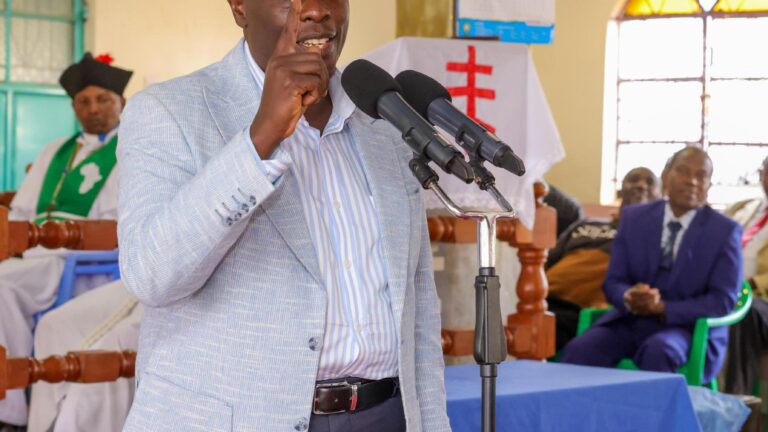
Former Deputy President Rigathi Gachagua has ignited a political firestorm after launching an explosive attack on President William Ruto over the government’s handling of enforced disappearances and recent tragedies.
Speaking during a tense church gathering in Lari, Kiambu County, on Sunday, June 1, Gachagua stunned congregants with a direct challenge to the Head of State, branding Ruto’s apology over the abductions of protestors last year as “shockingly casual.”
“That apology wasn’t enough,” Gachagua declared, his voice rising. “If the President truly means it, let him face the grieving parents—look them in the eye and pay reparations.”
The former DP demanded that Ruto not only compensate the victims of the brutal finance bill protests of 2023 but also offer a personal apology to families like that of Billy Mwangi—a young Kenyan who mysteriously vanished late last year and remains unaccounted for.
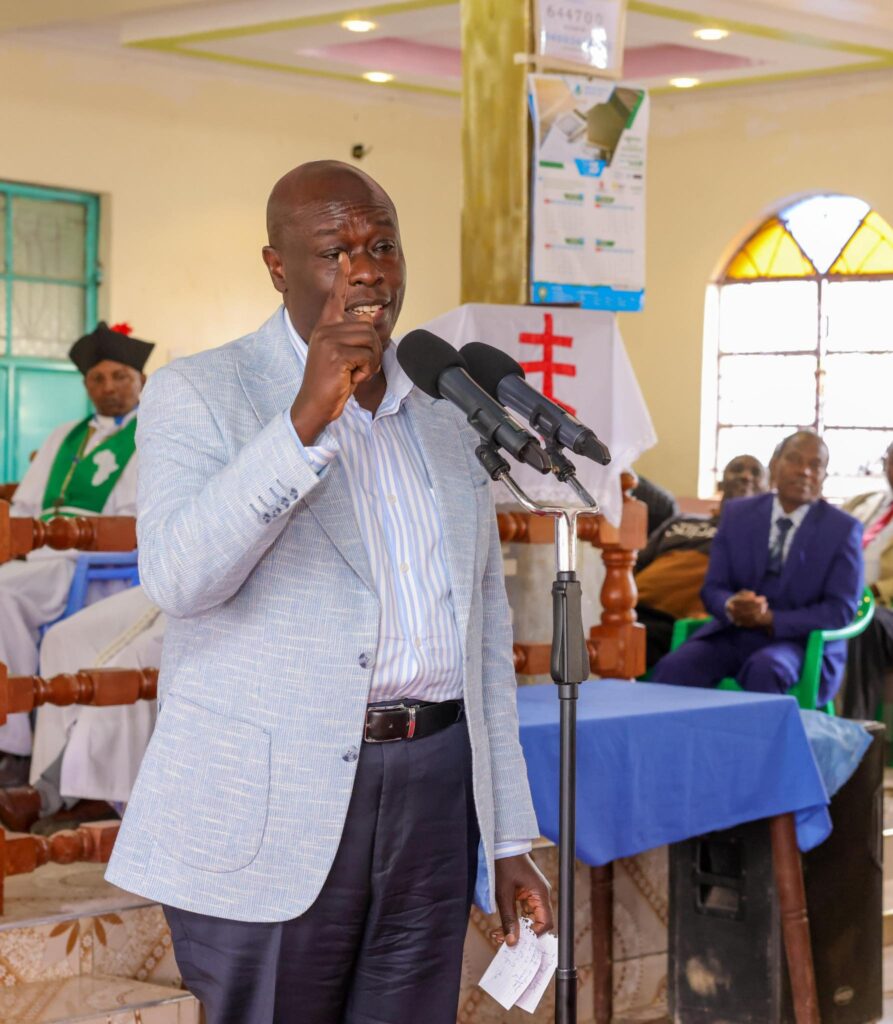
In a jaw-dropping twist, Gachagua found himself echoing sentiments made just hours earlier by ODM leader Raila Odinga during his Madaraka Day address. Odinga, now aligned with Ruto following the controversial UDA-ODM pact, had also pushed for compensation—marking a rare moment of unity in Kenya’s sharply divided political scene.
“I’ve seen Raila say the same thing,” Gachagua told the crowd. “And now I know Ruto will listen—because these days, he can’t ignore Raila.”
Adding fuel to the fire, Gachagua called for justice for the victims of a deadly inferno in Gachie village, Kiambu County, which claimed three lives just days ago. He challenged the government to act swiftly and compensate the bereaved.
But Gachagua didn’t stop there.
In a startling accusation, he alleged that certain Mount Kenya MPs—who he says have become Ruto’s pawns—are leaking information about his events, enabling hired goons to disrupt his meetings.
“They’ve been sent to undermine me,” he claimed. “They report my every move to the President’s camp.”
While the government has consistently denied involvement in enforced disappearances or political sabotage, these fresh allegations are set to rock the already fragile unity within Kenya Kwanza.
Media efforts to verify Gachagua’s claims were inconclusive by the time of this report.
One thing is clear: Kenya’s political fault lines are shifting—again. And this time, the pressure is coming from within.


